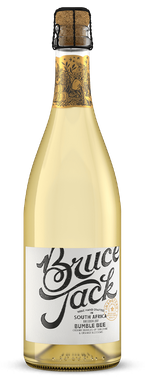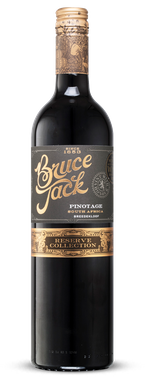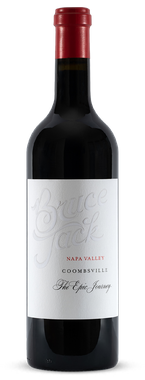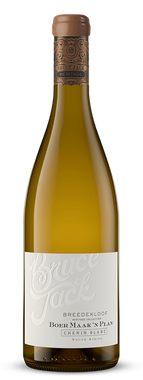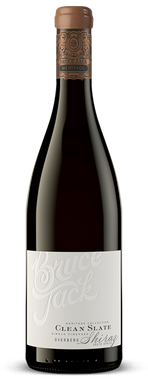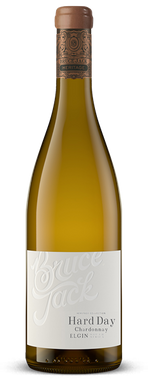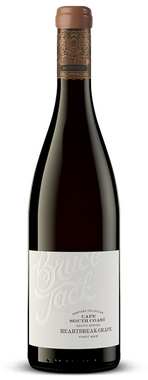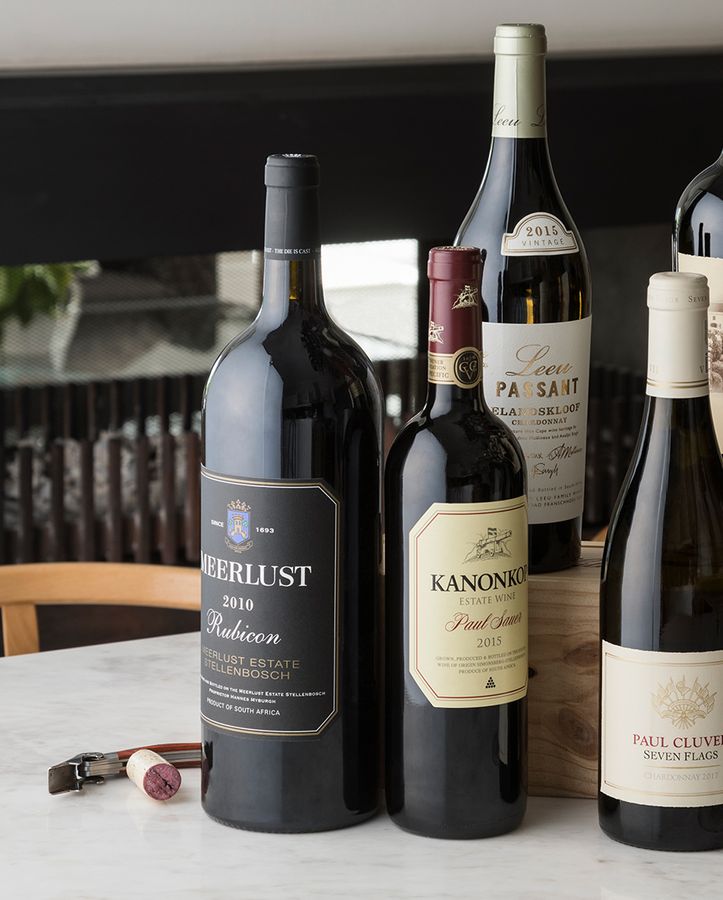As global wine producers are grappling with climate change and shifting consumer habits, South Africa’s wine industry is quietly charting an upward trajectory – defined not by scale, but by intent, identity and ingenuity. That’s the prevailing theme of episode two of Investec’s Wine in Focus vodcast, where three wine aficionados – Michael Fridjhon, Tom Carson, and Bruce Jack – explore how The Trophy Wine Show is not just rewarding excellence, but also reforming how local wine is appraised and promoted. “The judging environment wasn’t sufficiently competitive nor sufficiently international,” said Fridjhon. “Wine judging was an echo chamber: the industry's competitions were driven by winemakers. They already had a house palate. They liked the style, they reinforced each other's views.”
If straight audio is your preference, listen to the podcast here:
You can also listen on Apple Podcasts | Spotify | YouTube
Inspired by Australia’s model, the show adopted small panels, consensus-based scoring and rigorous selection of judges – blending winemaking expertise with consumer insight and international perspective.
Fridjhon, chair of The Trophy Wine Show and one of the country’s most respected wine authorities, launched the competition in 2002 to counteract the complacency and parochialism of existing local shows.
But if you like your content served visually, watch the discussion here:
Global calibration: The value of external eyes
The show’s structure is not just about identifying excellence but ensuring that excellence resonates globally. “There was a disconnect between what judges thought was good, what consumers wanted, and what the world was ready to buy,” he said. By inviting outsiders in and training local judges through academies based on Australia’s Len Evans model, that loop has been broken – and the results are showing.
Among those invited to judge is Australian winemaker Tom Carson, chief winemaker at Yabby Lake and director of the Lee Evans Tutorial – a prestigious wine school dedicated to evolving the quality of Australian wine. For him, the Trophy Wine Show is an opportunity to both contribute and observe.
“The standard of the show is as good as any in Australia. It’s incredibly rigorous,” he said. “What’s important is helping bring in young judges and exposing them to international benchmarks.”
Carson believes that the future of South African wine hinges on doubling down on what makes it unique. “Old vine Chenin Blanc is a global rarity. When you have something no one else can do, that’s what you lead with.”
The commercial case for awards
For Bruce Jack, founder of Bruce Jack Wines and a veteran of global markets, winning at The Trophy Wine Show isn’t just prestigious – it’s commercially potent. “We’ve been able to track our success, not only in terms of exports but also direct-to-consumer sales when we announce a really big award,” he said.
But he cautions- how awards are communicated matters as much as winning them. “There’s a trick in how you talk about the award to the right people, through the right channel, especially when it comes to the export market.”
It’s awards like The Trophy Wine Show that are helping South African wines make inroads into the international market. This is against a backdrop of a struggling northern hemisphere wine market that is facing a perfect storm of declining consumption – especially among younger, health-conscious drinkers – combined with overproduction, climate change, rising costs, and stiff competition from New World producers.
This leaves the door open for South Africa, says Jack, who believes that all the challenges facing South Africa’s wine industry have made it more resilient: “We've always struggled, so it's no different for us. We are ready.”
Africa rising: The untapped market on our doorstep
While much of the narrative around South African wine exports focuses on Europe and North America, Jack sees the most exciting growth closer to home. “Our biggest growth is coming from Africa. There’s an awakening – a cultural shift – and Africans are starting to drink African wine,” he said. “It’s not just aspirational, it’s experimental. And we’re right next door.”
The opportunity, he argues, is both strategic and symbolic. “We should worry less about what the dollars and euros are saying and more about what someone in Nairobi or Ghana is saying.”
From underdogs to global identity
As the episode wrapped, host Lerato Motshologane asked all three panellists were asked where they’d like to see South African wine in ten years’ time. Fridjhon envisioned a landscape where global consumers recognise the “Capeness” of South African wine – a distinctive identity on par with the “Frenchness” of Bordeaux or the “Americanness” of Napa.
Carson echoed this, stressing that “wines that mean something in the international market are those with a sense of place.” For South Africa, that place is deeply rooted in old vines, evolving palates and a bold new generation of winemakers.
“The old vineyards in South Africa need to be protected. They need to be nurtured, and you need to have the right winemakers there at the helm, and then the best marketers taking those wines to the world,” says Carson.
For Jack, the future is intertwined with transformation – social, cultural and agricultural. “We’ve done more than most industries to transform ourselves. Now we’re seeing the results,” he said. “But we must stay hungry. When we lose, it’s because we think we’re better than the rest. As long as we keep the underdog spirit, we’ll keep winning.”
To make sure you don’t miss an episode of Wine in Focus, subscribe to Investec Focus Radio SA on Apple Podcasts | Spotify | YouTube
